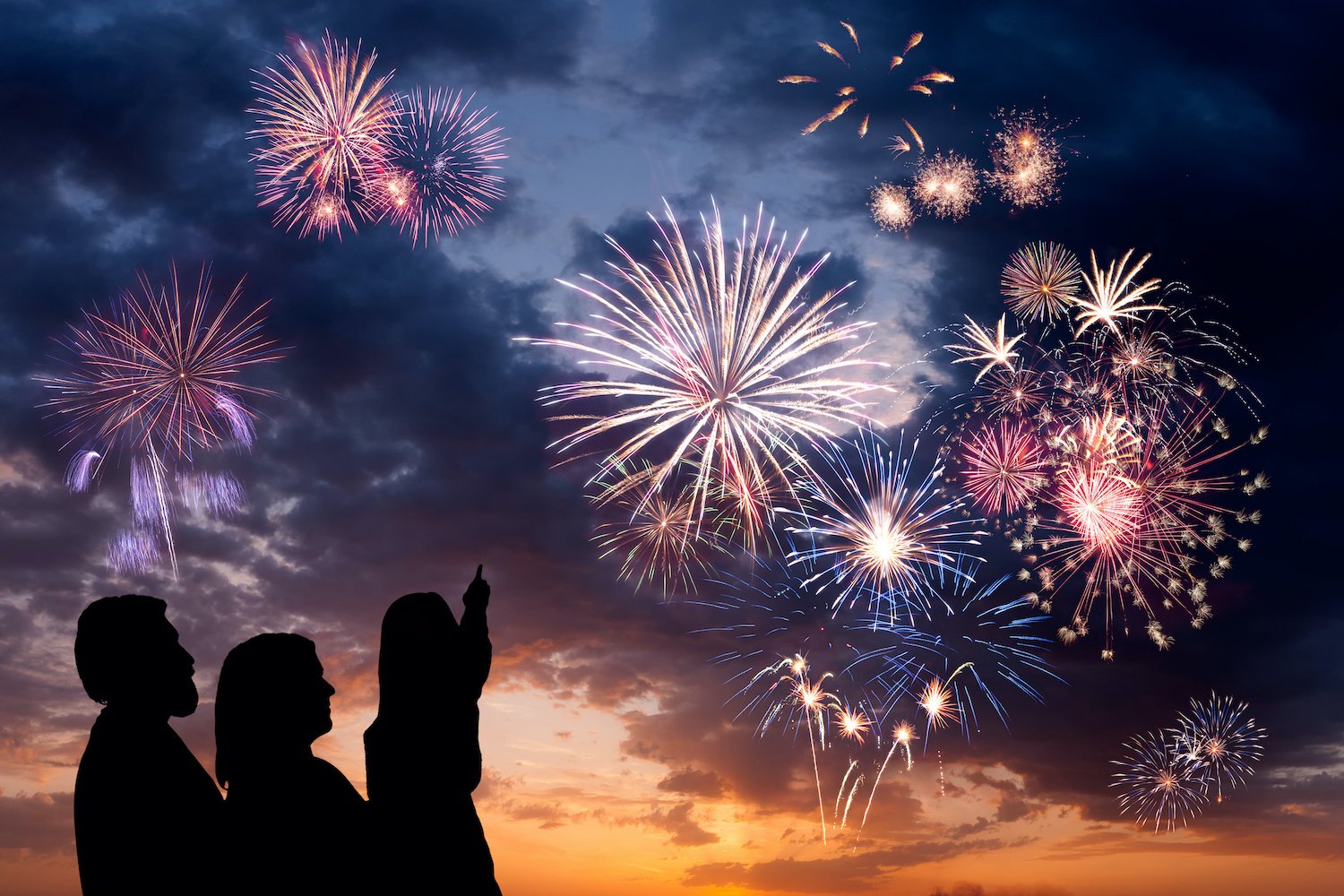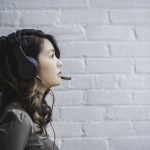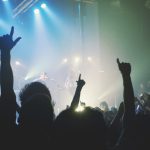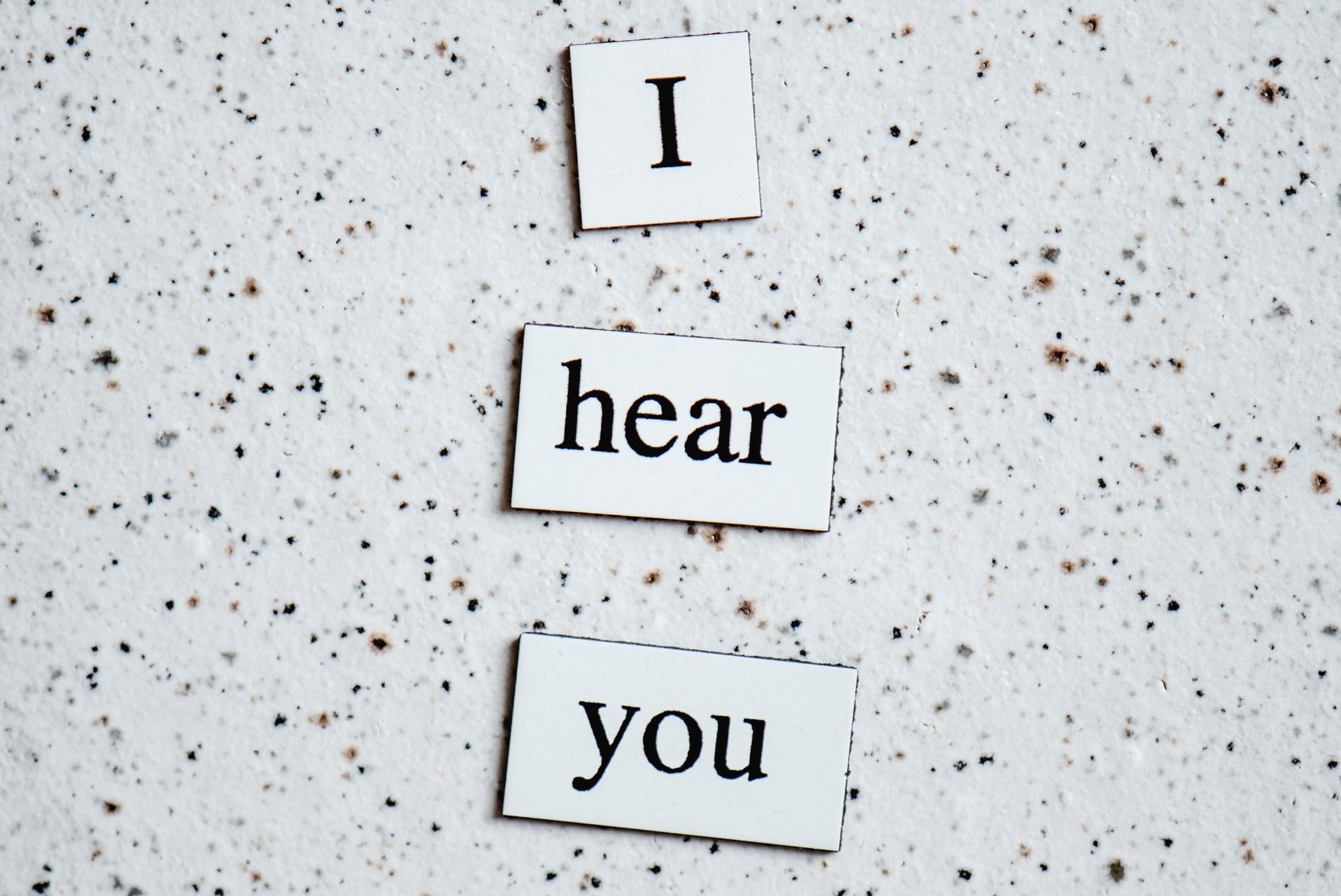
Contents
- 1
Isn’t it hard to imagine Independence day without fireworks?
- 1.0.1 As much of the US starts to shift back to normalcy, some cities are still planning to hold 4th of July fireworks and festivals, despite restrictions on large gatherings.
- 1.0.2 While the colorful and exciting pyrotechnics are fun to watch, it’s important to consider their potential for harm or long-term damage to our hearing health. Close proximity or prolonged exposure to fireworks can rupture the eardrum and damage critical bones in the middle ear, temporarily, or sometimes even permanently, resulting in hearing loss. While you may not notice the damage done right away, the damage will gradually take its toll. Over time you may notice a difficulty in understanding conversations, watching TV, and other hearing dependent activities.
- 1.0.3 In this article, we will cover the importance of protecting your hearing during fireworks, and share some tips to do so.
- 2 How Can Fireworks Damage Your Hearing?
- 2.0.1 According to the National Institute of Health (NIH), at least 10 million adults in the U.S. under age 70 – perhaps as many as 40 million – have hearing loss in one or both ears from exposure to loud noise. Fireworks can be as loud as 140~160 decibels, and sounds over 85 decibels are considered “unsafe”.
- 2.0.2 The loud explosion of fireworks could result in mild~severe hearing loss and tinnitus – a ringing, buzzing or roaring in the ears or head, and even eardrum perforation. The louder the noise, the higher chance of hearing loss.
- 2.0.3 Also, children and babies have to be even more careful, since their ear canals are more fragile than adults. Loud sounds could even impact their cognitive development.
- 2.0.4 The World Health Organization recommends the maximum sound level for safe hearing in adults is 140 dB, and 120dB for children. The noise exposure from fireworks can easily surpass 150 dB and even reach up to 175 dB, if you do not take protective measures.
- 3 In honor of the 4th, here are 4 tips for safely participating in fireworks shows:
- 3.1 1) Keep a Distance From Fireworks
- 3.2 2) Don’t Try This at Home
- 3.3 3) Consider Wearing Earplugs or Earmuffs
- 3.4 4) Quiet Fireworks
- 3.4.1 Quiet Fireworks are common in most parts of Europe and the UK and create less sound stress for noise-sensitive people, children, veterans, the elderly, pets, and wildlife. While they maintain the spectacle of traditional fireworks, quiet fireworks can help reduce their harmful effects.
- 3.4.2 Although fireworks can at times be a danger to your hearing, they are perfectly safe if you keep your distance and protect your ears. If you are exposed to loud fireworks and experience a ringing, buzzing, or roaring in the ears or head, pain, or muffled hearing, seek out medical attention.
- 3.4.3 Don’t forget to follow your local safety guidelines so that you and your loved ones can watch fireworks safely this Fourth of July.
Isn’t it hard to imagine Independence day without fireworks?
As much of the US starts to shift back to normalcy, some cities are still planning to hold 4th of July fireworks and festivals, despite restrictions on large gatherings.
While the colorful and exciting pyrotechnics are fun to watch, it’s important to consider their potential for harm or long-term damage to our hearing health. Close proximity or prolonged exposure to fireworks can rupture the eardrum and damage critical bones in the middle ear, temporarily, or sometimes even permanently, resulting in hearing loss. While you may not notice the damage done right away, the damage will gradually take its toll. Over time you may notice a difficulty in understanding conversations, watching TV, and other hearing dependent activities.
How Can Fireworks Damage Your Hearing?
According to the National Institute of Health (NIH), at least 10 million adults in the U.S. under age 70 – perhaps as many as 40 million – have hearing loss in one or both ears from exposure to loud noise. Fireworks can be as loud as 140~160 decibels, and sounds over 85 decibels are considered “unsafe”.
The loud explosion of fireworks could result in mild~severe hearing loss and tinnitus – a ringing, buzzing or roaring in the ears or head, and even eardrum perforation. The louder the noise, the higher chance of hearing loss.
Also, children and babies have to be even more careful, since their ear canals are more fragile than adults. Loud sounds could even impact their cognitive development.
The World Health Organization recommends the maximum sound level for safe hearing in adults is 140 dB, and 120dB for children. The noise exposure from fireworks can easily surpass 150 dB and even reach up to 175 dB, if you do not take protective measures.
In honor of the 4th, here are 4 tips for safely participating in fireworks shows:









